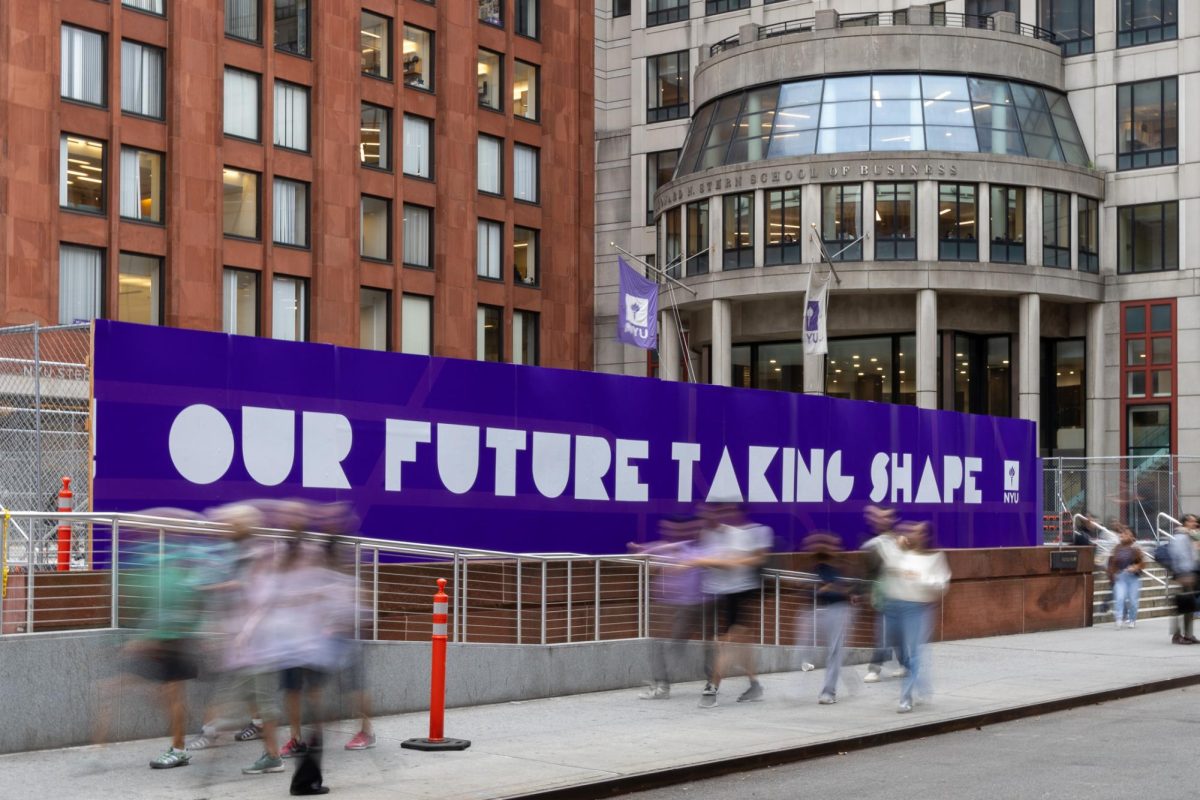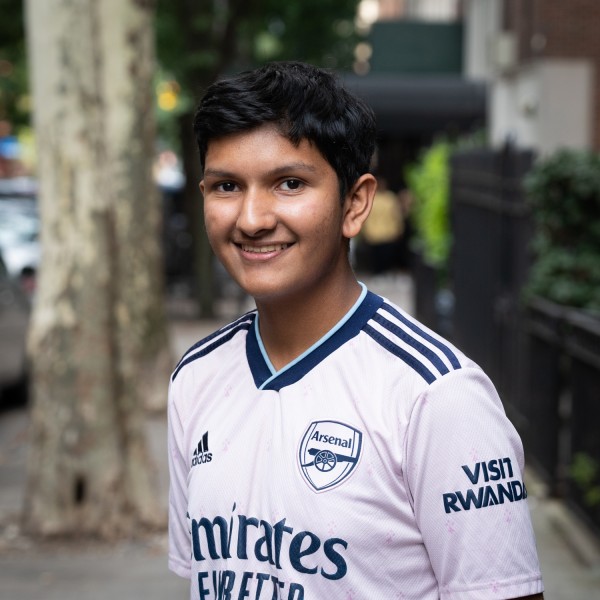NYU’s crackdown on student and faculty protests in the past academic year has demonstrated a clear aversion to on-campus expression, specifically as it pertains to the ongoing war in Gaza. While the summer naturally led to a less turbulent campus environment, many students spent the break in uncertain anticipation of how the university would handle demonstrations when they inevitably picked up again in the fall.
Thus far, NYU’s approach has been to limit the ways student activists can organize on campus. The university has chosen to send letters to students, faculty and staff with the intent of steering protests on campus toward less disruptive methods, and it has chosen to redesign campus spaces to prevent students from gathering. These and a slew of other decisions led to an unsurprising “abysmal” score in the Foundation for Individual Rights and Expression’s annual free speech ranking, marking NYU as the third most restrictive university in terms of free speech and expression.
The closure of gathering spaces on campus is the physical embodiment of this crackdown on student speech. Members of the NYU community have called for the removal of the wall barricading Gould Plaza, initially erected hours after the university’s first Gaza Solidarity Encampment where dozens of students, faculty, staff and alumni were arrested in an NYU-authorized sweep by the New York City Police Department. The university has not only opted to keep the wall months later, but to hide behind the veil of cosmetic change, effectively rewriting the narrative of why the wall existed in the first place. The barrier, now covered with bright purple wallpaper emblazoned with white text reads, “Our future taking shape” — a clear attempt to erase the memories of the very recent past. What was once the site of violence NYU inflicted on its own community will soon be a new-and-improved courtyard in a desperate effort to sanitize a space that was previously a hotbed for student activism.
Other public gathering spaces where pro-Palestinian demonstrations have taken place — such as the Greene Street Walk outside of the Paulson Center along with the building’s seating space in the lobby — have been indefinitely closed and heavily policed by Campus Safety officers, limiting students’ ability to congregate on a campus that already has limited communal spaces.
Similarly, the Grand Staircase in the Kimmel Center for University Life, a staircase that the students have used for free speech-related activities in the past, was closed following protest activity and then only partially reopened earlier this year. The area was used for a range of events and demonstrations, from NYU Welcome activities to vigils for lives lost in global conflicts. In the blink of an eye, our “campus without walls” became a string of fences, borders and divisions.
An NYU spokesperson said in a statement to WSN that all these “capital projects” are in service to the university’s “academic mission” and improving the student experience.
In line with these actions, NYU updated its student conduct guidelines to now include “code words, like ‘Zionist,’” as examples of potentially discriminatory speech. The updated code of conduct for students also includes several examples of protest activities that are “never permitted” at NYU, such as amplified sounds on campus, protesting inside libraries, overnight demonstrations and erecting unauthorized tents, structures, walls or barriers. While these changes are presented as neutral, it is clear that this is targeting the speech, methods and locations that pro-Palestinian demonstrators specifically have been using to protest the war in Gaza and condemn NYU’s ties to Israel, including setting up encampments, dropping banners in Bobst Library or picketing outside Gould Plaza after the wall was erected.
Some examples specifically cited under the new rules are that if students wish to protest a speaker, they are told to turn their back to the stage, hold small signs, walk out without disruption or literally put tape over their own mouths. Protests are often loud because they’re emotionally charged. They’re undertaken by people who care about something to such an extent they feel the need to go out into the world to convince people to take action. It begs the question, is NYU truly worried about students amplifying sound in the already-noisy New York City, or is this just a hope that the sound doesn’t travel all the way to national news and government conversations?
NYU, though the subject of a lot of public scrutiny, stands as one of the most prolific sites of pro-Palestinian protests not to be targeted by federal intervention. On the other hand, Harvard University, Columbia University and Cornell University were left with their leaderships shifted, presidents removed and images scandalized. No public fuss means no negative press for the university. This way, the school can continue to stay out of sight from the national press or federal government. This reveals NYU’s greatest concern: staying under the radar.
The university drastically limiting physical space for students to congregate and speak their minds — especially as a means of protecting its image — is unacceptable. While at first glance these barriers and walls seem like a trivial nuisance for students trying to get to class, they represent something much more dangerous. These walls are a means of division and control, keeping what is undesired out and maintaining control of that which is within. As the spaces for dialogue and dissent start to shrink on our campus, it is important to stay vigilant. Despite how NYU frames it, student activism is not a threat but a vital expression of free speech — a supposed cornerstone of our university’s values.
WSN’s Opinion section strives to publish ideas worth discussing. Opinions expressed in the house editorial reflect the views of WSN’s Editorial Board.
Contact the Editorial Board at [email protected].

























































































































































Izzy • Sep 27, 2024 at 12:21 am
Interesting article. However, I think an article discussing the Israel-Hamas war should at least mention Hamas. The article does not entertain the idea that there is legitimacy to any of the complaints of harassment. There students (obviously not all) voicing support for Hamas in an intrusive manner with the intention to intimidate others. That is and should be a violation of the school’s anti-harassment policy.